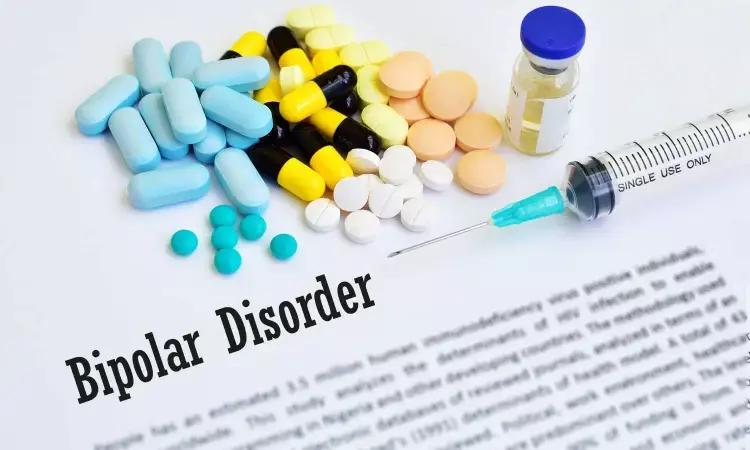USA: Study on Bipolar I Disorder Treatment
A recent study of patients with bipolar I disorder and a recently remitted depressive episode revealed that adjunctive treatment with escitalopram or bupropion XL that continued for 52 weeks did not show a significant benefit versus treatment for 8 weeks in preventing relapse of any mood episode.
The findings reveal that while there may be certain benefits, such as reduced recurrence of depression, the study also underscores potential risks associated with extended treatment.
The randomized trial that focused on bipolar I disorder has provided insights into the effectiveness of continuing adjunctive antidepressant treatment beyond 8 weeks after the remission of an acute depressive episode. The study aimed to ascertain whether prolonging antidepressant therapy for up to a year following remission could prevent relapse in patients with bipolar I disorder.
Led by Dr. Lakshmi N. Yatham from the University of British Columbia, the study involved patients with bipolar I disorder who had recently experienced remission of a depressive episode. Participants were treated with either maintenance escitalopram (Lexapro) or bupropion XL (Wellbutrin XL) for 52 weeks or were switched to a placebo after 8 weeks. The study was conducted across multiple sites in Canada, Korea, and India.
Study Results
The study's results highlighted some noteworthy trends:
- At the 52-week mark, 31% of patients on maintenance antidepressant therapy experienced a subsequent mood episode, compared to 46% of those who switched to placebo at 8 weeks.
- There was a lower recurrence of depression in the 52-week group compared to the 8-week group (17% vs. 40%).
- A higher occurrence of mania or hypomania was observed in the 52-week group compared to the 8-week group (12% vs. 6%).
The researchers acknowledged certain limitations in the study, including the fact that the trial ended prematurely due to slow recruitment and funding constraints. They suggested that this might have influenced the primary outcome. Interestingly, there were differences in relapse even during the initial 6 weeks of identical treatment, which was unexpected. The researchers analyzed the primary outcome with and without these early variations in outcomes.
Dr. Yatham highlighted that despite the confounding noise in the primary outcome, the study implies that adjunctive antidepressant therapy may still benefit some patients with bipolar disorder. The extended treatment duration seems to result in better outcomes in terms of preventing mood episodes without increasing the risk of mania.
The study's findings indicate that continuing adjunctive antidepressant treatment for up to a year following the remission of an acute depressive episode in bipolar I disorder patients might offer limited benefits. While there is evidence of reduced recurrence of depression, the potential risk of increased manic or hypomanic episodes needs to be carefully considered. The research sheds light on the complex interplay between antidepressant therapy and bipolar disorder, urging clinicians to weigh the benefits and risks when determining the optimal treatment duration for their patients.
Reference
New England Journal of Medicine Yatham LN, et al "Duration of adjunctive antidepressant maintenance in bipolar I depression" N Engl J Med 2023; DOI: 10.1056/NEJMoa2300184.



0 Comments
Post a comment
No comments yet. Be the first to comment!